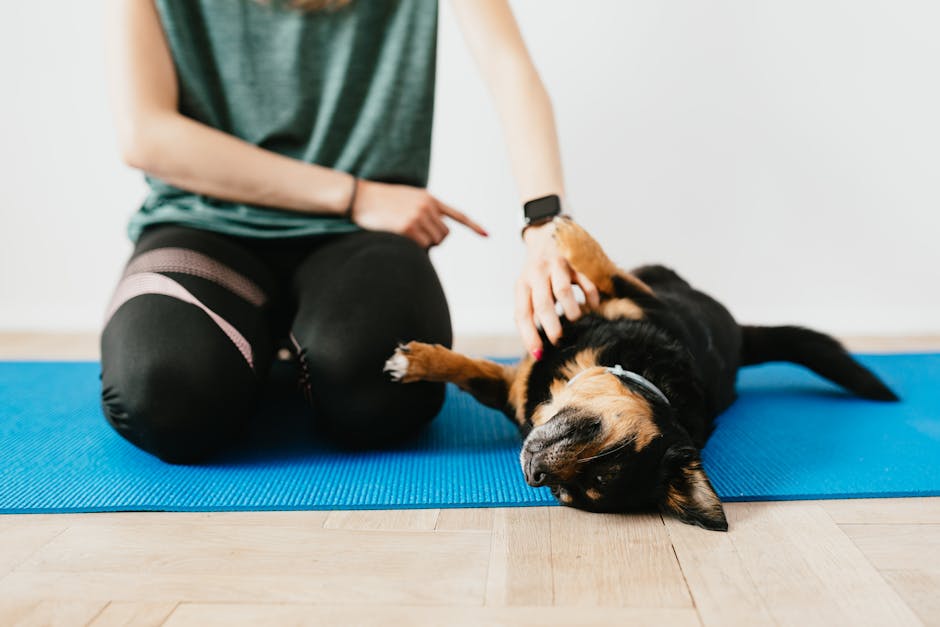Training a dog is an incredibly rewarding experience that strengthens the bond between you and your furry companion. Whether you're a first-time owner or have had dogs in the past, this comprehensive guide will provide you with the knowledge and techniques to train your dog effectively and humanely.
**The Fundamentals of Dog Training**
Before embarking on a training journey, it's essential to understand the basic principles of dog psychology and learning theory. Dogs are social animals that thrive on routine and positive reinforcement. By rewarding desired behaviors and discouraging undesirable ones, you can shape your dog's behavior and teach them the commands and skills you want them to learn.
**Consistency and Patience**
Consistency is key in dog training. Use the same commands, gestures, and training methods every time you interact with your dog. This will help them understand what you expect and encourage them to follow your commands. Patience is equally crucial. Training takes time and effort, and there will be setbacks along the way. Stay calm and avoid punishing your dog for mistakes; instead, use positive reinforcement to redirect their behavior.
**Positive Reinforcement**
Positive reinforcement is the most effective and humane method of dog training. When your dog exhibits the desired behavior, reward them with treats, praise, or affection. By associating good behavior with pleasant experiences, you will motivate your dog to repeat that behavior in the future.
**Negative Reinforcement**
Negative reinforcement, on the other hand, involves removing something unpleasant to encourage a desired behavior. This method can be effective in certain situations, such as preventing your dog from jumping on people. However, it should be used sparingly and always in conjunction with positive reinforcement to avoid creating fear or anxiety.
**Basic Obedience Commands**
Start your training with basic obedience commands such as "sit," "stay," "come," "heel," and "down." These commands provide a foundation for more advanced training and help your dog understand their place in the family. Use clear, concise commands and plenty of positive reinforcement to teach these essential skills.
**Advanced Training**
Once your dog has mastered the basics, you can explore more advanced training such as agility, obedience trials, or scent work. These activities not only provide mental and physical stimulation but also strengthen the bond between you and your dog. Seek professional guidance from a certified dog trainer to ensure you are using appropriate methods and techniques.
**Socialization and Behavior Modification**
Socialization is essential for puppies and young dogs to learn how to interact appropriately with other dogs, people, and the environment. Behavior modification is used to address specific behavioral issues such as aggression, separation anxiety, or excessive barking. Working with a certified dog trainer can help you develop a customized plan to address these challenges.
**Conclusion**
Dog training is an ongoing journey that requires patience, consistency, and positive reinforcement. By following the principles outlined in this guide, you can build a strong, respectful relationship with your dog and enjoy a lifetime of companionship, love, and loyalty. Remember, training is not just about teaching your dog commands; it's about fostering a bond based on trust, understanding, and mutual respect.
